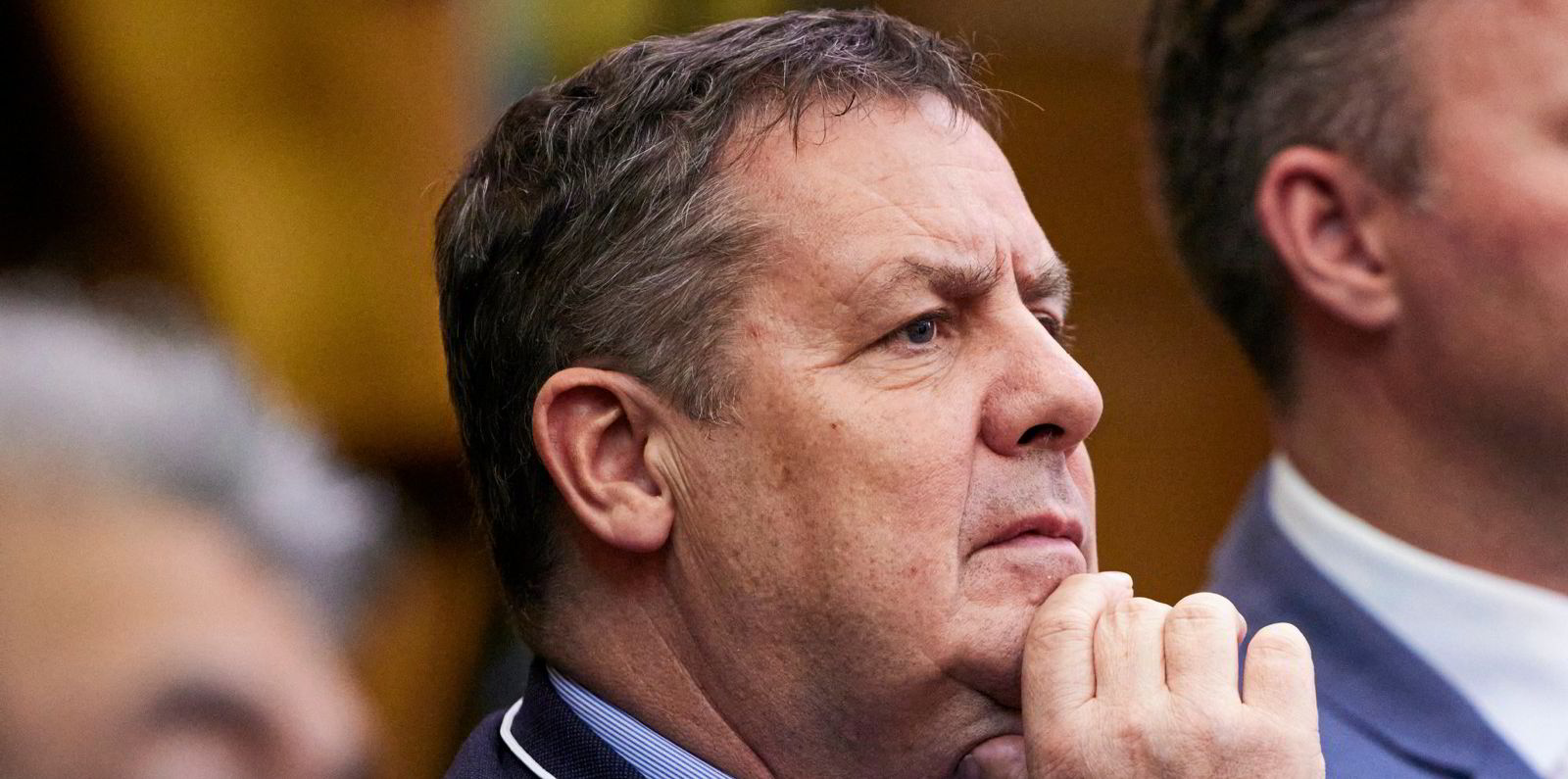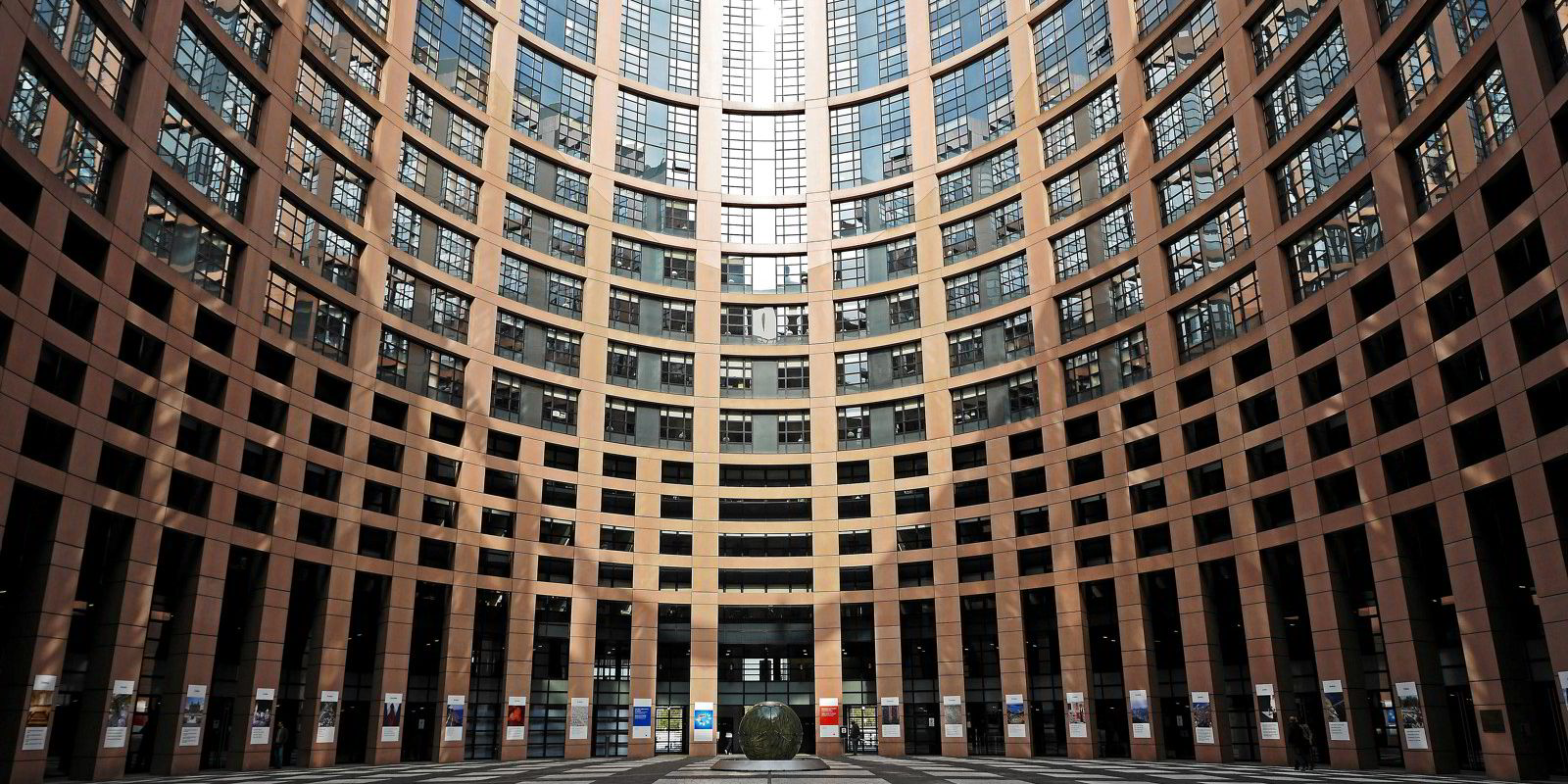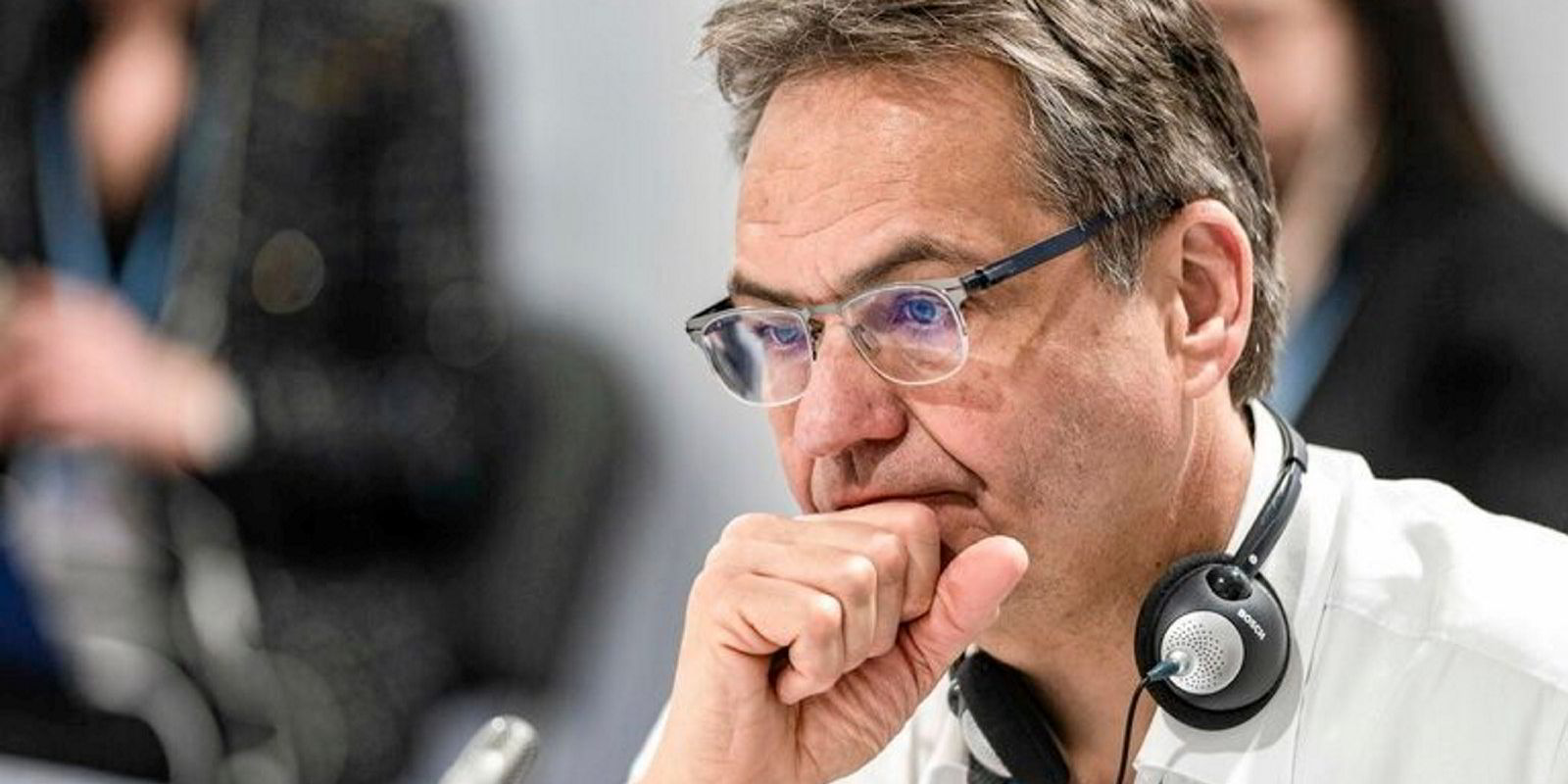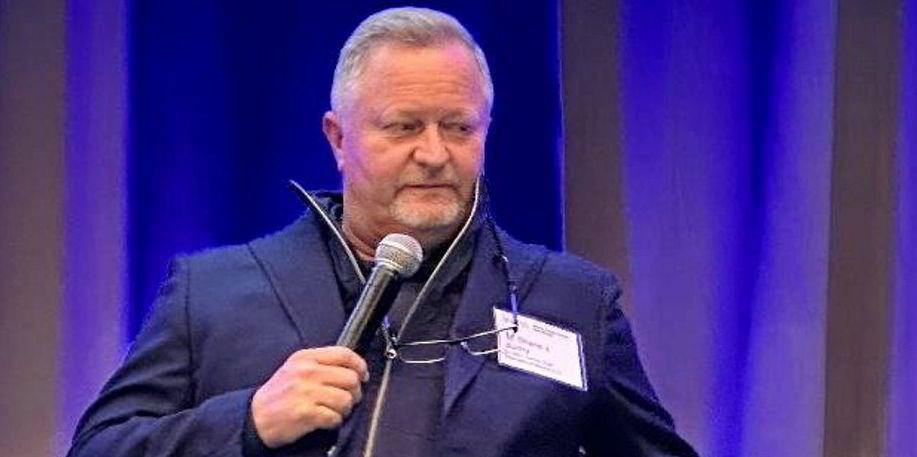Global shipowners’ groups responded with lukewarm acceptance to a deal among European Union institutions to require shipping to pay for their carbon under the bloc’s emissions trading rules.
They expressed hope that the move will help translate into global action at the International Maritime Organization, and that the EU’s new rules will be adapted to a carbon pricing mechanism ultimately adopted by the United Nations shipping regulator.
Guy Platten, secretary general of the International Chamber of Shipping, described the EU developments as “interesting” but reiterated the group’s preference for an IMO-driven path to decarbonisation.
He said the ICS, whose membership is made up of shipowners’ associations from around the world, hopes that the momentum at the EU will be harnessed at this month’s meeting of the IMO’s Marine Environment Protection Committee (MEPC).
“To solve the global climate crisis, global solutions are needed,” Platten told TradeWinds.
As TradeWinds has reported, the European Parliament, European Commission and EU Council have agreed on the outlines of a deal that will phase shipping into the bloc’s Emissions Trading System (ETS), starting in 2024.
Shipping will have to buy carbon allowances for 40% of emissions for European voyages, with a 50% discount for trips to or from a non-EU port. Full coverage comes in 2026, and EU officials have agreed to introduce emissions trading for methane and nitrous oxide emissions.
The MEPC meeting starting on 12 December is poised to discuss the adoption of a global carbon levy or emissions trading, with a view to making a decision next summer.
Thumbs up
The EU agreement elicited a positive response from EU shipping groups, relieved that it involved investing collected funds back into shipping’s decarbonisation, enshrined the “polluter pays” principle rather than foisting the cost on vessel owners and ended uncertainty over the shape of the final measure.
That uncertainty was on the minds of global groups as well.

Lars Robert Pedersen, deputy secretary general of international shipping group Bimco, said there had been little doubt for some time that shipping would be folded into EU emissions trading. Still, the details were being hammered out behind closed doors.
“The important thing is that we know in advance — well in advance — so the necessary commercial agreements can be adapted in time to allow this to happen smoothly,” he said.
“So for that, it’s an OK compromise.”
Passing on the costs
Pedersen said that for most shipping companies, the costs of carbon allowances can be passed on to customers.
When it comes to how to allocate the revenue that the EU raises, Bimco believes any funds collected from shipping should not benefit just EU-flag shipping, since emissions from foreign-flag ships will also have to be covered.
“If there is a mechanism to feed some of this back into the industry, we have to make sure that the access to the fund is open to all those who actually contributed to the funds in the first place,” he said.
Once the IMO adopts its own carbon pricing mechanism, Bimco wants the EU’s measures to adapt to that.
Adaptable to IMO?
But in the past, Europe has often considered its own regulation as the minimum standard for global regulation, he said. So if the IMO rules go further, the EU can adapt to it.
“But if it’s the other way around, then it’s a no-go,” Pedersen said.

The World Shipping Council (WSC), which is made up of container liner operators, said shipping’s inclusion in the ETS will encourage the industry’s journey towards decarbonisation.
Jim Corbett, the group’s environmental director for Europe, said the liner industry is ready and hopes the deal will spur investment in fuels derived from renewable energy, as well as supply networks to deliver them.
And while the WSC believes it is positive that a wider range of greenhouse gases are to be included, Corbett said the ETS will be truly green only if it considers the footprint of fuels’ full life cycle.
“A correct price signal is the key to driving investment in the green energy necessary to produce sustainable fuels,” he said.
“With the agreed phase-in, there is a window of opportunity to move forward with a rapid adoption of life-cycle perspectives.”





